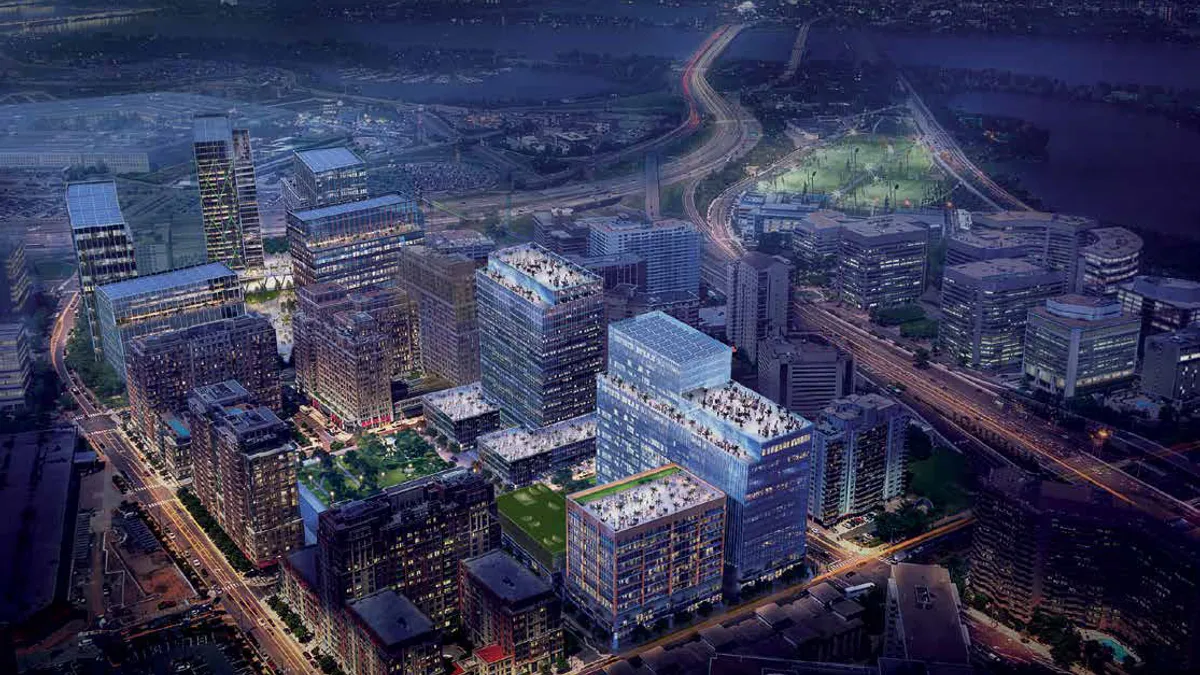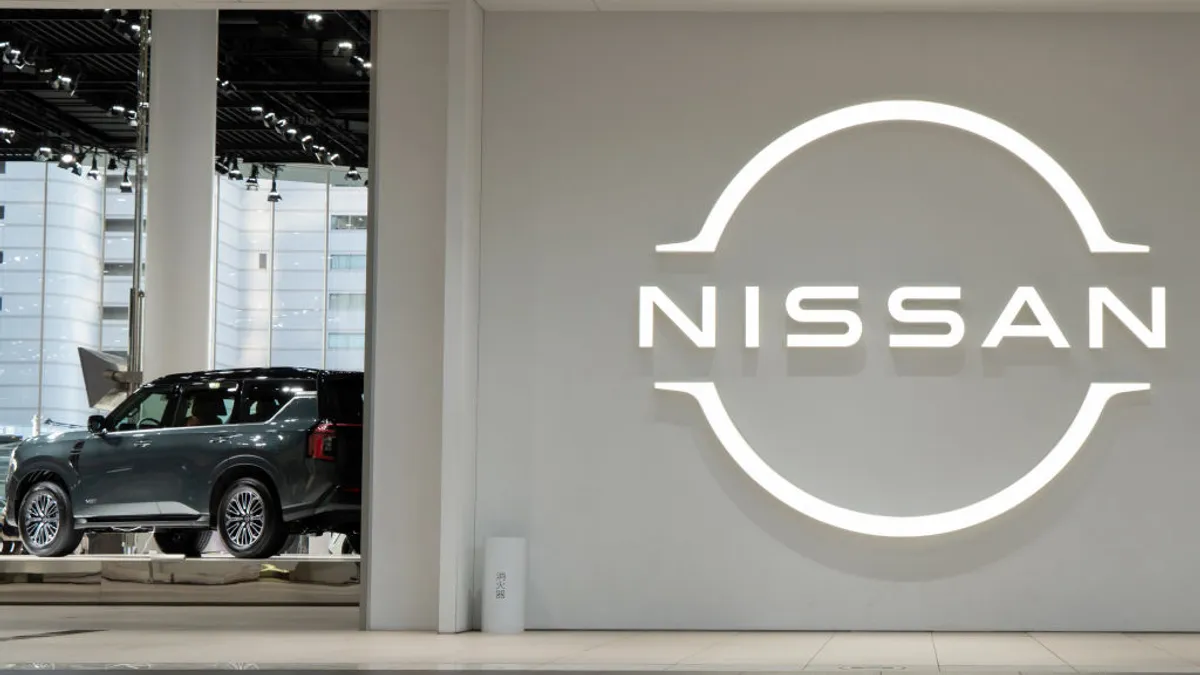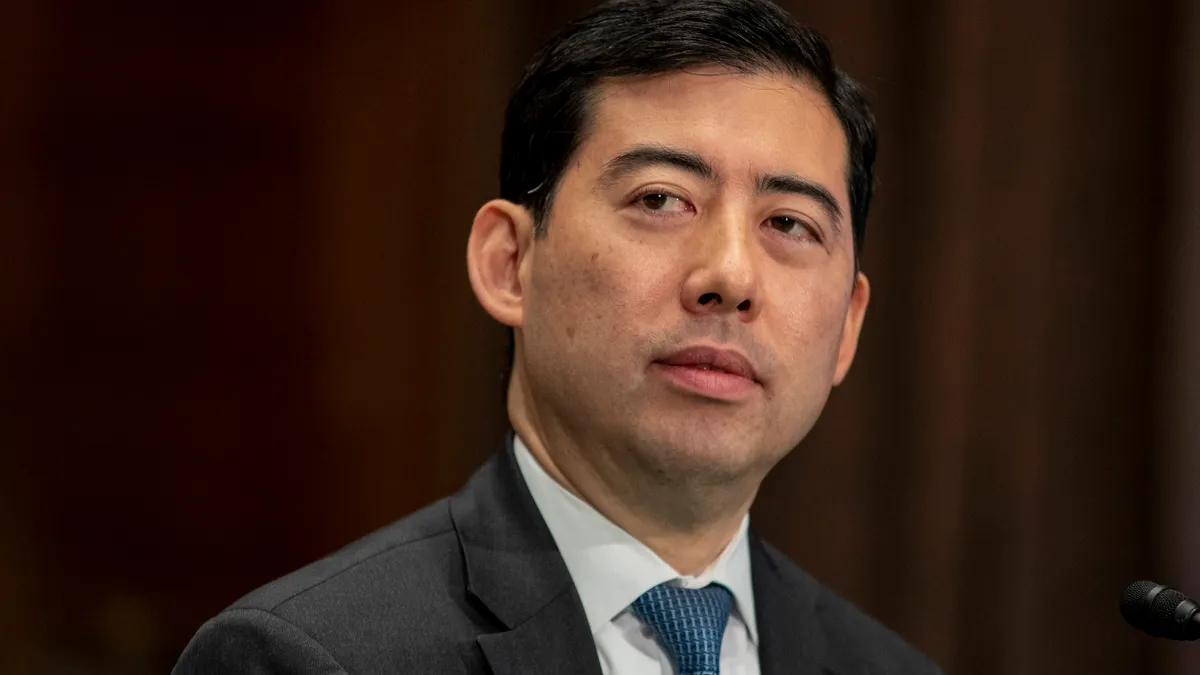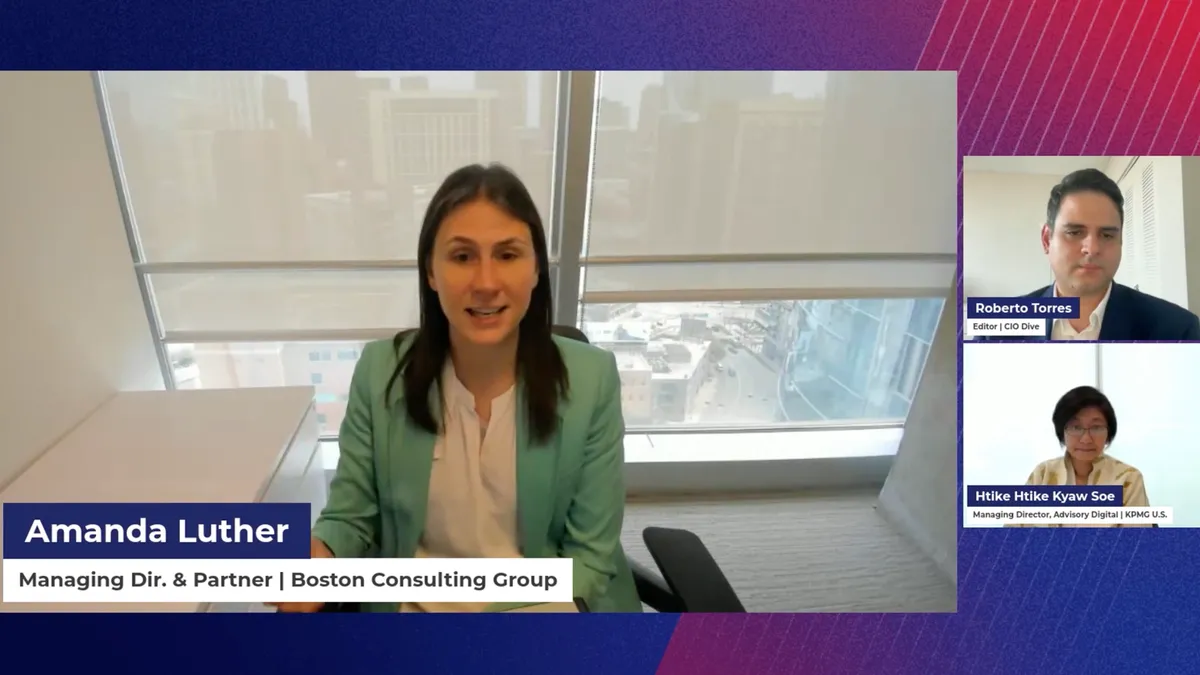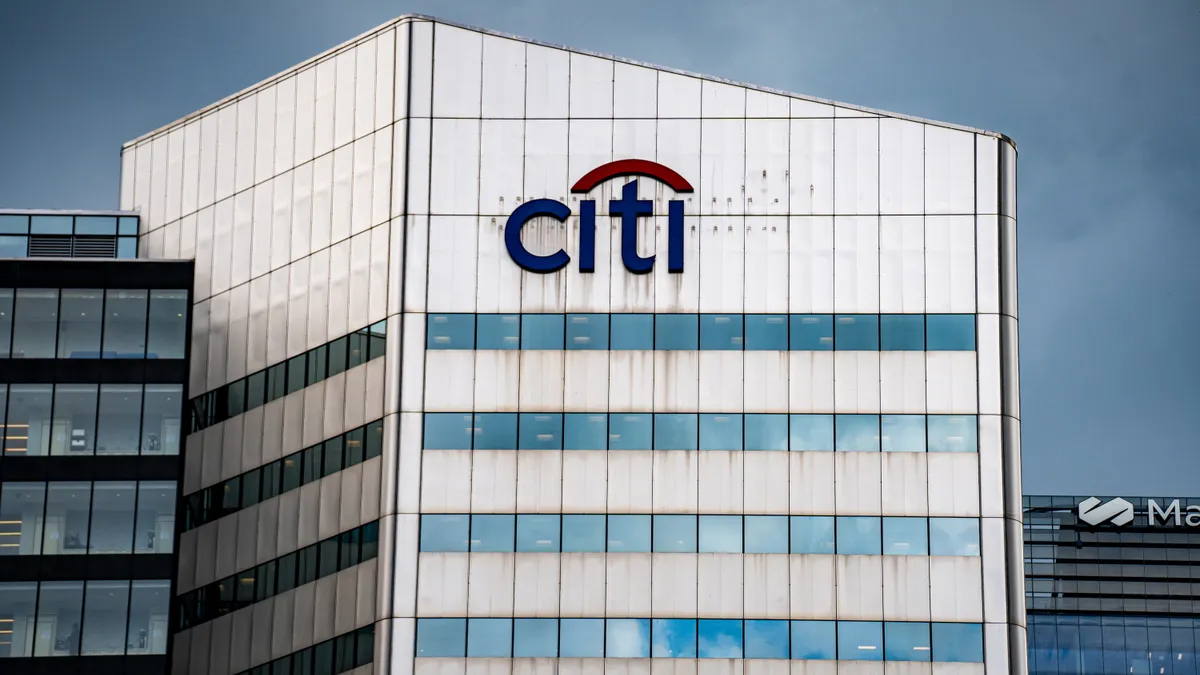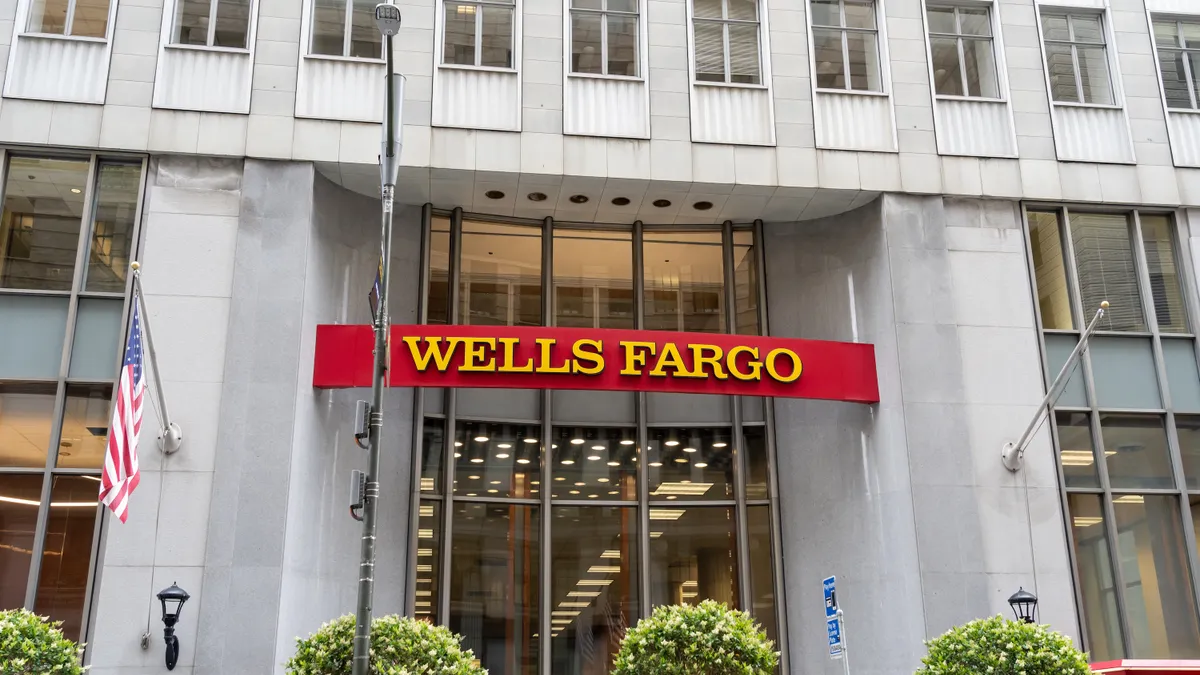Amazon's arrival in Northern Virginia will see a workforce of suits give way to something more comfortable: sneakers, jeans and hoodies. But the move is more than a wardrobe change. It is the beginning of a wholesale image makeover.
"This is a major win for the state of Virginia," said Ralph P. Sita, co-founder of Maryland-based Cybrary, in an email to CIO Dive. The DMV (D.C., Maryland, Virginia) area might finally be able to shake "the moniker that this area is a government town."
For all of its ability to remake the region into a tech hub, the government influence factored into the decision to move. Amazon gains two more Senators, lobbying powers, and overall influence on policies that could impact the tech industry.
Northern Virginia tech companies saw this decision long in the making.
"I mean, [Jeff Bezos] bought The Washington Post years ago," said Ron Novak, EVP of Arlington-based Segue Technologies, in an interview with CIO Dive. "Everyone knew [Amazon] wanted to be closer to D.C. for that reason."
Bezos, Amazon CEO, owns a house in the affluent D.C. neighborhood Kalorama. A car ride to the HQ2's specific location, newly minted National Landing, from Kalorama is about 20 minutes. A car ride from National Landing to Capitol Hill is about 15 minutes.
Compared to local residents' dismay, local companies are giving Amazon "two thumbs up," said Sita.
The Northern Virginia area is a familiar tech ecosystem to Amazon's original headquarters in Seattle, according to Stack Overflow. Additionally, behind New York City, the D.C. metro area has the most employed technology professionals in the country with about 321,000.
Still, the area is the Nation's capital, "where paper is pushed by government officials, and labor statistics are published, and wars are planned," said Steve Cooper, partner and co-founder of Arlington-based Excella and board member for the Arlington Chamber of Commerce, in an interview with CIO Dive.
The decision to move HQ2 to Northern Virginia "validated what we've been doing," said Cooper. It solidifies the DMV as a world class tech hub and put the area "on the pedestal it's always deserved."
The addition of Amazon will also help elevate the DMV's business reputation. Amazon will join headquarters for Nestlé, Marriott International and Capital One. Tech companies see value in place known for more than being the home of the federal government.
How will Amazon improve the area
Before moving in, Amazon plans to give Crystal City, the neighborhood the company branded as National Landing, a facelift. Overshadowed by dated concrete buildings, the area lacks the charm and personality of other DMV nooks.
Local tech companies, however, will have to wait for a refresh in infrastructure, talent and education.
"This project is in its infancy, and will probably take three to five years to hit its stride," said Sita, which means educating young local students now and preparing them to be early employees of Amazon.
Talent will come from around the country, if not the world, to work for Amazon and to work in a new tech hub. "If you build it, he will come," joked Sita, referring to Bezos.
Innovation always follows when there's a healthy mix of talent and funding. The D.C. metro area will have both when HQ2 starts setting up shop.
The knee-jerk reaction to change is often fear. Novak wants locals to keep an open mind for opportunity. Amazon's large partnership ecosystem presents a chance to expand a customer base for local companies.
It will also drive cultural change among companies looking to be an attractive alternative to Amazon. Potential hires will be the "main beneficiary," says Cooper. People will be offered more money to stay at their current job or move to Amazon.
Local impacts of HQ2
Locals are aware of the DMV's brutal cost of living and riding a metro so packed they've become involuntary bosom buddies with fellow commuters.
But "it's already crowded here anyway," said Novak, "you can't really get much more crowded."
Even with the economic boost Amazon is expected to bring, including 25,000 jobs and a minimum $2 billion Capital Investment, there will be an increase in living expenses, but "I don't see us becoming another San Francisco," said Sita. "Growing pains happen with all change."
The people most likely to feel these growing pains first are professionals involved in economics, journalism and political science, said Cooper, not to mention students. These locals are "frankly not going to be able to pay these rents because the rents are just going to spiral."
But local tech companies already feel hiring pains. The supply and demand in the DMV is disproportionate and Amazon's presence may tip the scale even more.
"If you peel back the onion, we have a lot of trepidation," said Cooper. Companies and the federal government have a difficult time finding talent and Amazon might "stretch it to the breaking point."
The upside of the breaking point is the potential creation of innovation hubs, though there is no guarantee.
Local tech employees may be poached by Amazon and when high salaries are the company's weapon of choice, local employers will be forced to make cultural changes.
Employers will have to say 'yes' to modern desires, like flexible schedules, casual dress codes, and signing bonuses to compete effectively.
Cooper expects a "tech caravan" to move into the DMV area and "that giant sucking sound is going to happen" because of the talent deficit.



